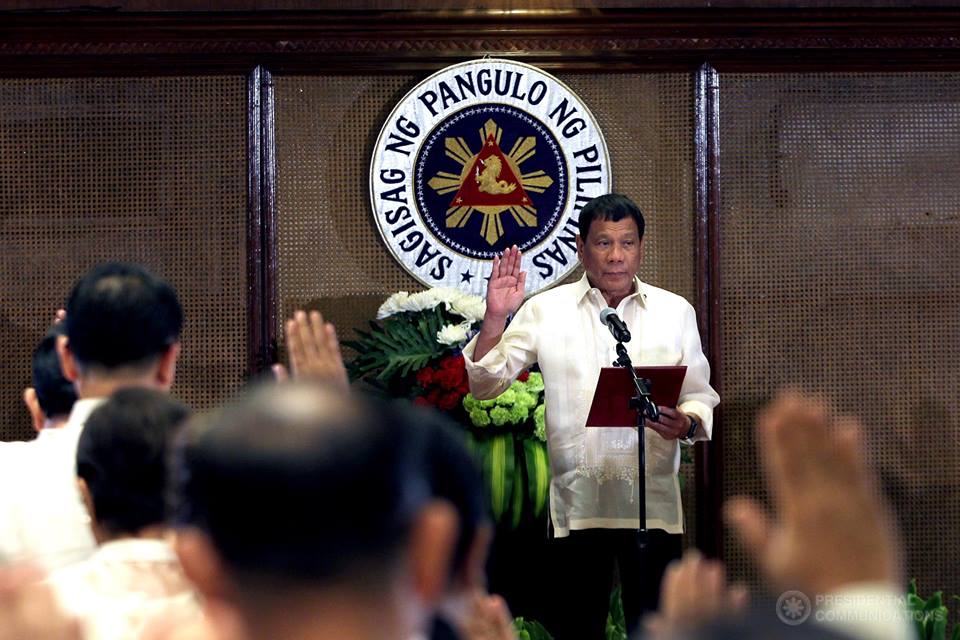
THE HAGUE –A Filipino lawyer on Monday presented documents to the International Criminal Court which he said contain evidence of the alleged involvement of President Rodrigo Duterte in extrajudicial killings of suspected drug dealers and other crime suspects.
“It is a case for crimes against humanity against President Rodrigo Duterte and senior officials in his government,” lawyer Jude Sabio told The Associated Press outside the court after presenting to prosecutors a 77-page file outlining the allegations.
The court receives many such communications about alleged crimes from around the world and prosecutors are not obliged to open preliminary investigations based on them. However, Sabio’s filing comes after ICC Prosecutor Fatou Bensouda said last year that she was “deeply concerned” by reports of killings in the Philippines, adding that statements by “high officials” in the Asian nation “seem to condone such killings.”
Sabio said the documents he filed were based in large part on the recent testimony of two men, Edgardo Matobato and Arturo Lascanas, to a Philippine Senate inquiry.
Lascanas, a retired police officer, has claimed that Duterte was linked to hundreds of extrajudicial killings when he was mayor of Davao City in the southern Philippines. Lascanas told The AP last month that he’s ready to testify in domestic and international courts.
The Philippines joined the court in 2011, giving prosecutors jurisdiction over alleged crimes committed since then. The ICC is a court of last resort, intended to take on cases from nations unable or unwilling to prosecute alleged atrocities.
The present nationwide anti-drugs crackdown, which has left thousands of mostly poor drug suspects dead, has alarmed the United States, other Western governments and U.N. human rights officials. U.S.-based Human Rights Watch has said Lascanas’ allegations linking Duterte to past killings heighten “the urgent need” for an independent U.N. investigation.
In Manila, presidential spokesman Ernie Abella said “the so-called extra-judicial killings are not state-sanctioned or state-sponsored.”
Police conduct legitimate operations based on established procedures and violators face sanctions and criminal charges, Abella said, adding the ICC would likely dismiss the complaint because Sabio or his client, Edgardo Matobato, did not exhaust all legal remedies in the Philippines as required by the international court.
“The intent of this filing in ICC is clearly to embarrass and shame the president, and undermine the duly constituted government of the Philippines,” Abella said in a statement. The complaint, he said, was filed to tarnish the image of the Philippines, which is hosting an annual summit of leaders of the Association of Southeast Asian Nations this week.
Sabio said that the Senate testimony of Lascanas and Matobato “directly pointed to mayor Duterte as the leader and mastermind of the Davao death squad.”
He says the documents filed with ICC prosecutors allege “that there is a continuation of that practice or strategy of eliminating or killing persons suspected of crimes and that continuation is happening in his war on drugs.”